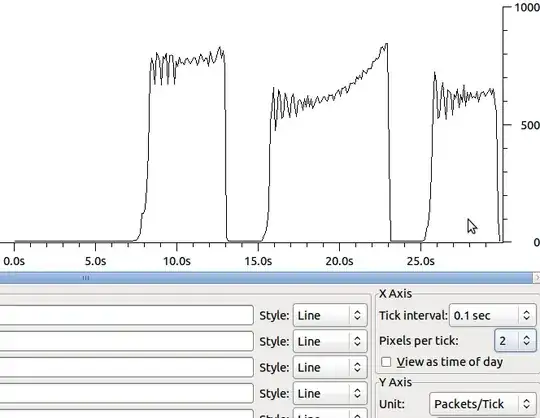I noticed a steady increase in system memory use %age (as reported by sar) which I've tracked to MariaDB. It's does not seem to be related to db load: this increase is notmatched by an increasing number of queries.
I have the following size configuration:
key_buffer_size = 400000000
innodb_buffer_pool_size = 1210612736
Total there is 1.5GB, yet it's now topped out at 2.3GB on RSS memory.
Why is it getting so greedy? Can I get it to stick to its limits better? Or perhaps it is sticking to the limits on InnoDB but is using memory for something else, if so, is there a way to understand that so that I can adjust the configuration to keep the total memory use within a certain level? Or perhaps it's like Linux kernel and just uses all free memory for caching while it's free, but happily relinquishes it as needed?
I'm on MariaDB 10.3.22 on Debian 10 (Buster). The workload is a webserver (so I need to keep some memory for other processes: nginx+php). Happy to post more config if required.
